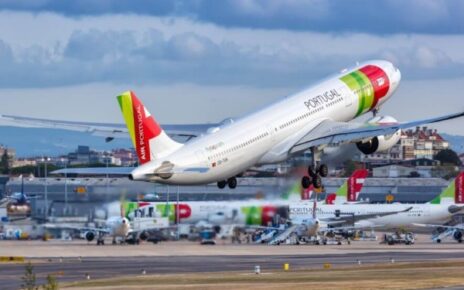The development of autonomous ground handling equipment is considered particularly challenging
- Stuttgart Airport pioneers in autonomous drive
- The vehicle is fitted with four 3D cameras with infrared light for night vision, two safety laser scanners and a high-precision GPS system
- The trials are part of the project “SmartFleet – autonomous commercial vehicles for safe and efficient airport operations”, which is funded by the German Federal Ministry for Economic Affairs and Energy
The first real-life trials of an autonomous baggage tug at a German airport have begun at Stuttgart Airport. At the current stage of the SmartFleet project, the new development from VOLK Fahrzeugbau GmbH can already drive certain routes on the apron independently. In Stuttgart, functions such as navigation to a pre-defined destination, lane keeping, obstacle detection, acceleration and braking are being tested.
Advanced equipment enables the prototype to navigate without human assistance. The vehicle is fitted with four 3D cameras with infrared light for night vision, two safety laser scanners and a high-precision GPS system. The tractor knows its location to within two centimeeres. The new SmartFleet tug also complements the airport’s growing electric fleet: a lithium-ion battery supplies it with power.
So far, there is always a person on board for safety reasons, who can stop the vehicle, when needed. The development of autonomous ground handling equipment is considered particularly challenging. Traffic conditions at airports differ from those on the road and the cars need to cope with complex work processes.
The trials are part of the project “SmartFleet – autonomous commercial vehicles for safe and efficient airport operations”, which is funded by the German Federal Ministry for Economic Affairs and Energy. Besides Stuttgart Airport and VOLK, the vehicle manufacturer Aebi Schmidt Germany is also part of the consortium. They are dedicated to automating winter maintenance. During their three-year work, the partners are also studying the effects of automation on the working environment. Employees in ground services perform physically hard work and are often under time pressure. Autonomous equipment will support them in the future. The research project has a total volume of 3.9 million euros.




